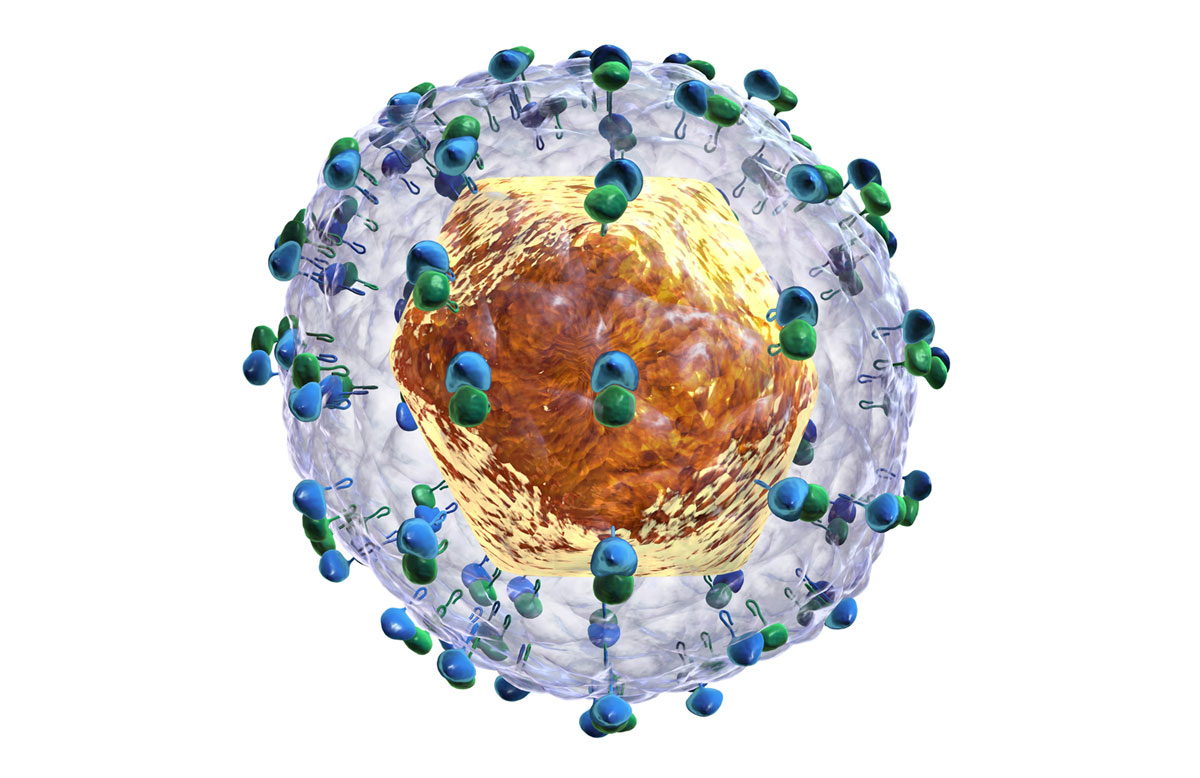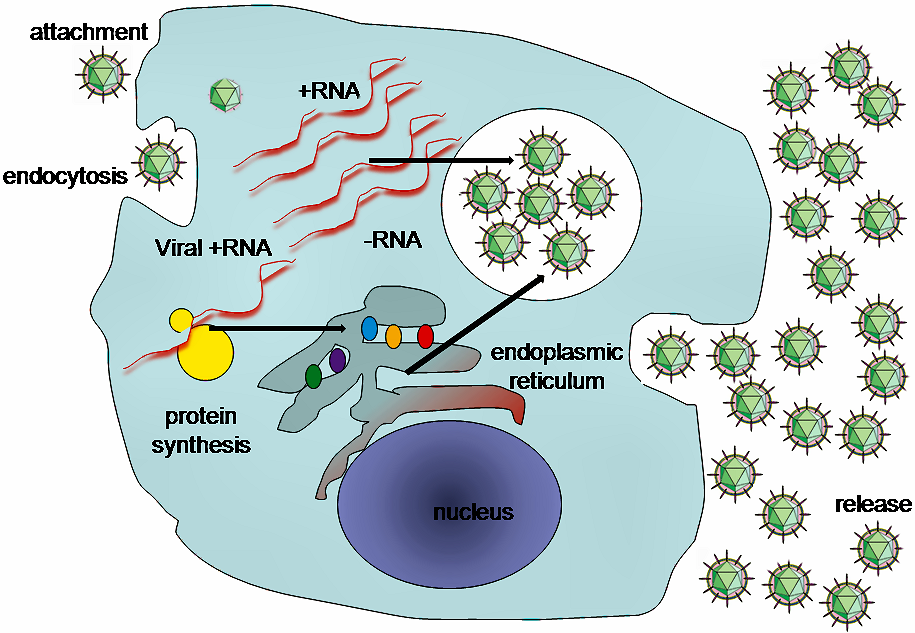Creative Biolabs is a leading service provider that focuses on polyclonal and monoclonal antibody development for research, diagnosis, and potential therapeutics. Based on our extensive experience and state-of-the-art platforms, Creative Biolabs now offers a series of biomarker-specific IVD (in vitro diagnostic) antibody development services to clients globally. We are confident that our commitment to science and research will enable us to offer you the best products and services. Here, we introduce our IVD antibody development services for Hepatitis C virus (HCV).
Introduction of HCV
Hepatitis C virus (HCV) is a small, enveloped, and positive-sense single-stranded RNA virus of the Flaviviridae family which also includes many arthropod-borne human pathogens of the Flavivirus genus such as yellow fever virus, West Nile virus and dengue virus. As one of the most important viruses affecting human health, HCV can cause numerous chronic liver diseases associated with end-stage cirrhosis and hepatocellular carcinoma, with approximate 20% of chronically infected patients developing cirrhosis, and about 10% progressing to cancer. Furthermore, it is mainly transmitted through blood as in transfusion, injection drug use, organ transplantation, hemodialysis, vertical mother-to-child transmissions, or accidental exposure.
 Fig.1 Hepatitis C virus (HCV).1
Fig.1 Hepatitis C virus (HCV).1
Correlation of HCV and STDs
Chronic hepatitis C is nowadays a public health problem, with more than 170 million people infected worldwide. In the past years, studies have suggested that hepatitis C virus (HCV) is mainly transmitted through the parenteral route, such as directly percutaneous exposure to infectious blood, and there are clearly defined counseling messages for infected persons to prevent spread from such exposures. Recently, the accumulated epidemiological evidence indicates that HCV can also be transmitted by sex with an infected partner, presumably occurs when infected serum-derived body fluids are exchanged across mucosal surfaces. In addition, many other factors that may influence this exchange include the titer of virus, the integrity of the mucosal surfaces, and the presence of other genital infections (viral or bacterial).
 Fig.2 The hepatitis C virus replication cycle.2
Fig.2 The hepatitis C virus replication cycle.2
HCV Antibody Development Services
IVD antibodies have been widely used for disease screening and therapeutic monitoring. As a research partner with years of experience in high-quality antibody development and productions, Creative Biolabs offers one-stop solutions from antigen design to antibody pair screening. Besides, we also offer diagnostic immunoassay development services, including feasibility analysis, assay design, assay protocol establishment, assay optimization, and kit production.
Our services can be tailor-designed to adapt to specific project specifications. If you are interested in the services we can provide, please don't hesitate to contact us or directly send us an inquiry.
References
- From Wikimedia: By BruceBlaus - Own work, CC BY-SA 4.0, without modification, https://commons.wikimedia.org/wiki/File:HCV.png.
- From Wikimedia: By Graham Beards, Public Domain, https://commons.wikimedia.org/wiki/File:HepC_replication.png.
For Research Use Only.